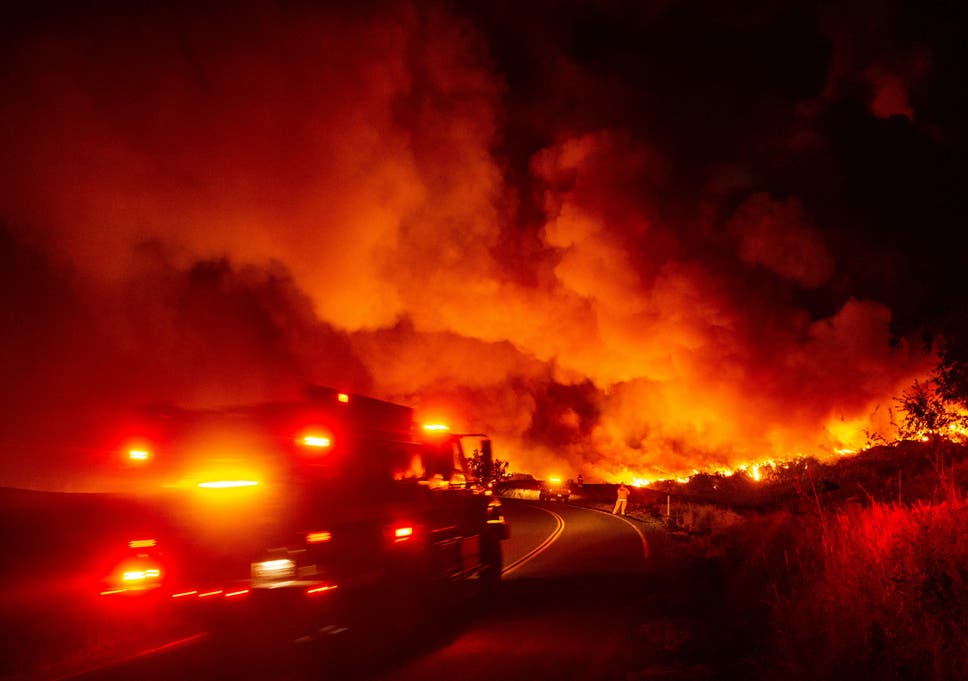
Countries have procrastinated for too long and will need to increase their carbon-cutting efforts five fold to avoid climate chaos, the UN has warned.
The emissions gap report found that even if all current climate pledges are met, the world will warm by 3.2C this century - bringing wide-ranging and destructive climate impacts.
The UN Environment Programme said it was still possible to stay within the 1.5C celling on temperature rises that scientists say is necessary to avoid disastrous consequences.
However, this would require emissions cuts of 7.6 per cent a year between 2020-2030.
The report says that over the past decade, carbon dioxide emissions have risen on average by 1.5 per cent a year. In 2018, the total reached 55 gigatonnes.
"The summary findings are bleak," the report said. "Countries collectively failed to stop the growth in global greenhouse gas emissions, meaning that deeper and faster cuts are now required."
The report added that “major societal and economic transformations need to take place in the next decade to make up for the inaction of the past”.
These measures would need to include ending the use of fossil fuels in the energy, building and transport sectors.
"The longer you wait, the more difficult it becomes," the report’s lead author, John Christensen, said.
He added: "Being a grandfather - we don't want to leave that for our grandkids”
The report found that a group of the 20 wealthiest countries that make up the G20 are responsible for 78 per cent of all emissions. But so far, only the EU, the UK, Italy and France have committed to long-term net zero targets.
Seven G20 members, including Australia, Brazil and Canada, need to take more action to meet their current carbon emission target, it said.
Meanwhile, India, Russia and Turkey are on track to meet their emissions targets comfortably. But the report said that this was because the targets they had set themselves were too low.
Inger Andersen, the head of the UN Environment Programme, said: "We need to catch up on the years in which we procrastinated.
“If we don't do this, the 1.5C goal will be out of reach before 2030."
The emissions gap report is one of several studies released ahead of the UN climate talks in Madrid next week which seek to advance a global strategy for tackling climate change.
Last week, the UN published a separate report which found that countries were planning to extract more than twice the amount of fossil fuels from the ground than can be burned by 2030 if the 1.5C target is to be met.
A study by the World Meteorological Organisation warned that levels of atmospheric greenhouse gases have reached another record high, “with no sign of a slowdown, let alone a decline”.
The concentration of CO2 is now 47 per cent higher than before the Industrial Revolution began in 1760, when levels were around 280ppm.
Additional reporting by agencies







